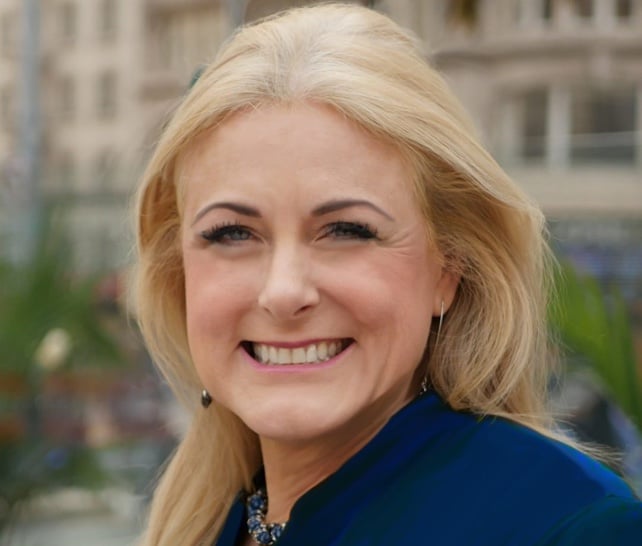Everyone is also a leader. We are responsible for leading our members to good decisions, leading the people around us to reinforce the organization’s mission and vision, and leading ourselves to work to reach our best potential.
The past few years have challenged and frustrated even great leaders. Even senior credit union leaders are struggling with some aspects of their jobs, especially those parts of the positions that require them to hold other people accountable, provide feedback, and keep people focused and productive.
That is why it is leadership and that is also why it is difficult.
When we are struggling, the last thing we want at work is more conflict. Let’s face it. We want to be liked. We want to be appreciated. We want to be admired.
But in order to receive positive affirmation, as leaders, we have to earn it.
These ten leadership reminders, in no particular order, might be helpful to those who are struggling to stay the course.
1. Leaders are paid to make tough decisions. Sometimes those decisions are not popular. Leaders will never have 100% of all the information on every single issue. Get comfortable making decisions based on the information you have. Then take responsibility for the decision you do make. If you are right, don’t expect applause. If you are wrong, apologize and head in a different direction.
2. Leaders need to make sure their teams have the right tools to do the job right. Something I learned from my military friends in the civil engineering core - if you are going to blow something up, make sure you have enough ammunition. Have the tools you need to get the job done right the first time or don’t do it. And if you are going to tell your team to do something, make sure they have what they need to do the job right the first time as well.
3. Leaders default to the good. Leaders assume that other people intend to do their best, not their worst. This does not mean leaders are naïve. They hold people accountable for their responsibilities and the expectations they set for their teams. When there is a failure, leaders look to fix the problem.
Assume the best until proven otherwise.
In the military, when we were deployed for six months or a year at a time, sometimes communications took weeks and months as well. We did not have email or cell phones. It was easy to miss interpret what another person said in a letter. So we had an understanding. The agreement was that if there were two ways to interpret something, we were going to assume that was meant in the best way possible way. We assumed the best.
4. Leaders understand that in order to have people trust them, they need to display trust as well. People need to be able to trust their leadership and the people they work for. Leaders assume trust until that trust is broken. When a leader makes a promise, their word should be solid gold. In all things, under-promise and over-deliver to build trust.
5. Leaders know that they need to have organizational integrity. They assign people to positions and jobs based on the right mission and vision, and the needs of the organization, not on favoritism or personalities. Once a leader starts to make decisions based on nepotism or favoritism, they lose trust with the entire organization.Organizational integrity means making the right decisions based on what is right, not on what is popular or what benefits the individual.
6. Leaders are always striving to learn something more. Leaders know that we can always be better today than we were yesterday. They are constantly challenging themselves and the people around them to be better. They are constantly hoping to learn new techniques, tools, tactics, and strategies to further themselves, the people around them, and the organization. They do not take status quo as a place to stay. They are constantly looking to move forward.
7. Leaders own all of the mistakes and all of the failures. All of the wins belong to the team. All of the failures belong to the leader.
8. Leaders know that during times of uncertainty, they need to inspire people to do more than what they thought they were capable of doing. People develop confidence when they take action moving forward. Confidence does not happen because someone is cheering for you. Confidence happens when you do something difficult, and you realize that you are more capable than you thought. Leaders inspire the action that develops confidence.
9. Leaders understand that success is hinged on risk. There are always risks. Life is inherently risky. There is no such thing as perfect safety or security in anything. Leaders excel at assessing risk and making decisions based on their risk-assessment.
10. Leaders do not waste time on what does not matter. They do not overthink unimportant things, and they do not dwell needlessly on things that do not matter. Leaders triage their time and teach others the value of effective time management find their example and accountability. Leaders know that you cannot schedule every second of every single day because emergencies pop up and things happen. But we also cannot dwell on what we cannot control or waste time regretting what we cannot change.
Credit union leaders are constantly looking for tools that help their people stay motivated and accountable at work. We have to stay focused on the needs of our members, and plan for success. A tool that credit union leaders like is The 12-Month Business Success and Accountability planner here.







